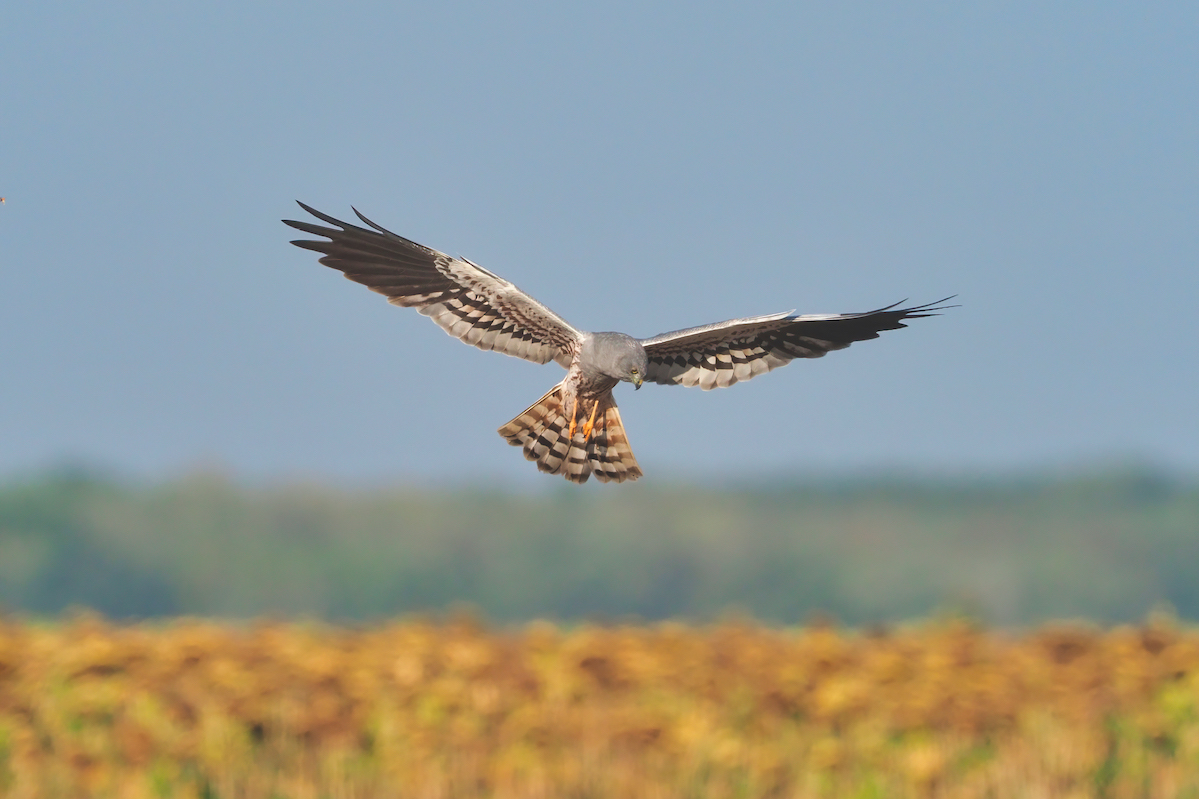Sandringham Estate comes under fire
The Guardian claims a number of crimes against wildlife, including rare birds of prey, have taken place on the royal estate since 2003, reports Steve Faragher

Two of the alleged offences related to the disappearance of two rare Montagu's harriers
A story last week in The Guardian alleges crimes against wildlife on the royal Sandringham Estate. The article contains details collected after a Freedom of Information Act request and has found a total of 18 cases since 2003, “including the poisoning, shooting and disappearance of some of the UK’s rarest birds of prey”.
Some of the most recent incidents reported by the paper concern the tragic disappearance of two very rare Montagu’s harriers on farmland owned by the estate in 2014 and 2017. These cases were investigated by the police with no further action taken, and Sandringham has always denied any knowledge of the fate of these birds.
Other cases highlighted include the alleged unlawful killing of 40 woodpigeons in 2016 and an occasion where staff burned the body of a goshawk, “which made it impossible to investigate the cause of its death.” However, only one of the 18 alleged incidents ended in any sort of a prosecution, when in 2006 a Sandringham gamekeeper was fined £500 and had to pay £470 in costs after he admitted maiming a legally protected tawny owl in a trap.
A Sandringham spokesperson told the paper that the estate “works extensively to protect local wildlife and encourage natural habitats for animals, and is actively involved in projects to reintroduce endangered bird species including the Eurasian curlew and turtle doves”. It “prides itself on all estate operations reflecting the most recent and relevant legislation, with staff abiding by best practice at all times”.
It seems curious that The Guardian should choose to devote so much space to largely unproven allegations of misconduct by Sandringham, though it does give an opportunity to the RSPB to promote its new recommendation of a licensing scheme for grouse shooting. Katie-Jo Luxton, the RSPB’s director of conservation, is quoted as saying: “We need our governments to take these crimes seriously and help ensure better enforcement of existing laws, as well as bringing in new legislation such as the licensing of grouse moors.”








